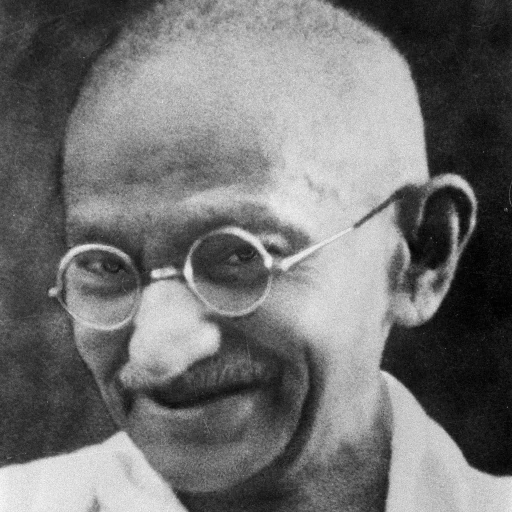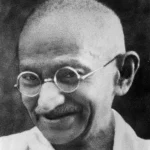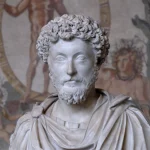“Purity of personal life is the one indispensable condition for building up a sound education.”

- October 2, 1869 – January 30, 1948
- British Indian Empire
- Lawyer, religious leader, social activist, political leader
- As a leader of the Indian independence movement, he advocated non-violent resistance (Satyagraha) and contributed to India’s independence from Britain.
table of contents
Quote
“Purity of personal life is the one indispensable condition for building up a sound education.”
Explanation
In this quote, Mahatma Gandhi underscores the fundamental role of personal integrity and purity of character in the process of education. Gandhi believed that education is not simply the accumulation of knowledge or academic skills; it is a process of holistic development that encompasses moral and spiritual growth. According to Gandhi, an individual’s character and ethical conduct are inseparable from the educational process, and without personal purity—defined as honesty, self-discipline, and adherence to truth—education cannot be truly effective. For Gandhi, a sound education was not just about learning facts but about shaping good citizens who would live by values of nonviolence, truth, and service to others. Purity of personal life, therefore, was essential because it created the foundation for building a strong and virtuous character, which is the ultimate aim of education.
Gandhi’s concept of purity goes beyond physical cleanliness and moral behavior; it also includes the idea of mental clarity and spiritual focus. For Gandhi, personal purity meant living a life that aligned with one’s higher ideals, where the individual constantly seeks to refine and improve themselves. This ideal was reflected in his own life, where he adhered to principles of simplicity, self-sufficiency, and truthfulness—all of which influenced his educational philosophy. Gandhi was deeply critical of an education system that emphasized material success or bookish knowledge without cultivating a sense of social responsibility and personal integrity. Education, in his view, should not merely prepare people for jobs or careers, but should aim to create individuals who could contribute to a just society through their personal example and ethical behavior.
In contemporary society, this quote challenges modern education systems, which often prioritize academic performance, competition, and career preparation over the development of moral character. Gandhi’s view prompts reflection on how we can design education to not only cultivate intellectual abilities but also nurture the personal qualities—such as honesty, integrity, and empathy—that are essential for building a sound society. Today, as the world faces numerous social, ethical, and environmental challenges, Gandhi’s idea of purity in education resonates as a call to cultivate holistic learning that integrates moral principles with academic achievement. True education, according to Gandhi, must develop not just the mind, but also the heart, guiding individuals toward lives of purpose, service, and responsibility.




